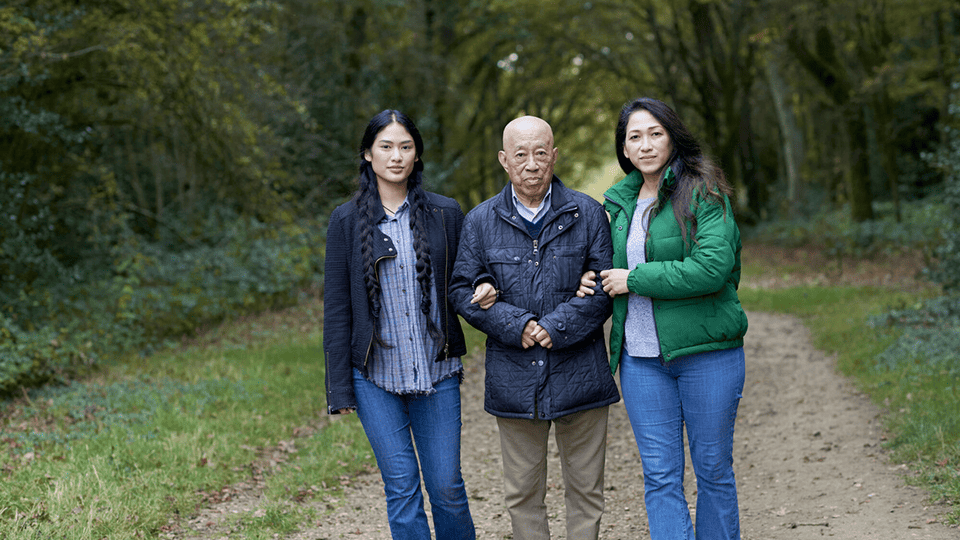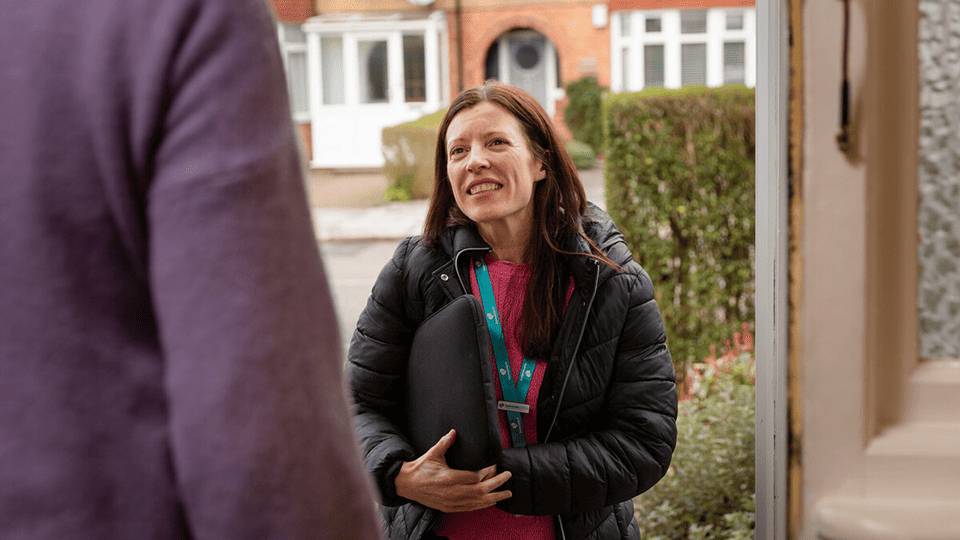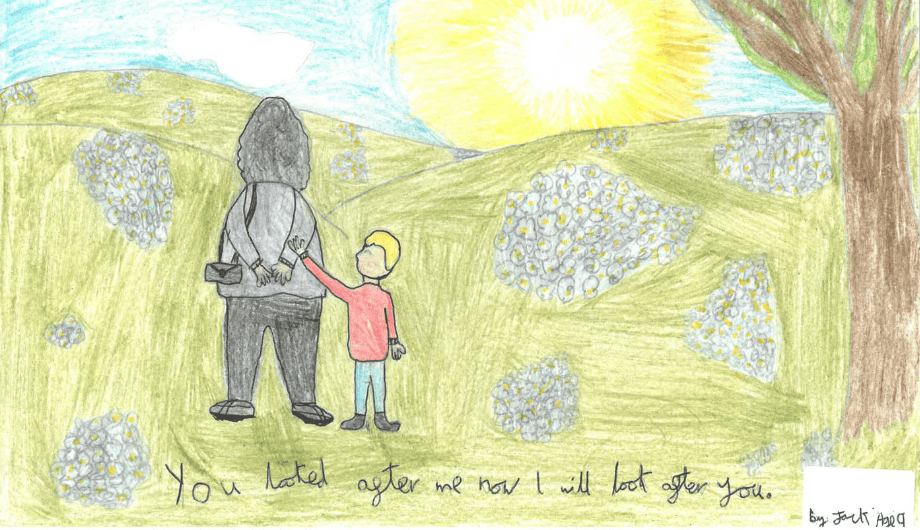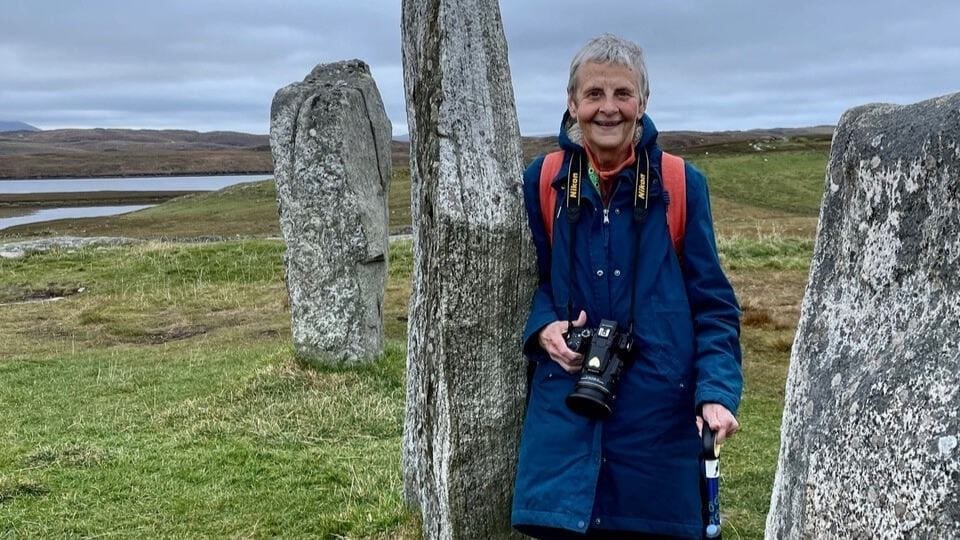
Navigating the pressures of being a young carer
Admiral Nurse Lizzie Harrison provides support strategies for young people caring for someone with dementia.

Hannah Gardner has recently been appointed as Consultant Admiral Nurse for Children and Young People.
My late mother, Susan, was a nurse. She actually started nursing when she was just 17 years old, first at a hospital and then a care home. I spent many hours at this care home growing up, seeing first-hand the incredible impact my mum was having on the people there.
Dad was a mental health nurse, so I guess you could say nursing very much runs in the family. Despite initially pursuing different pathways, like tourism and accounting, I was drawn back into nursing and have never looked back.
When my mum was in her early 50s, we started noticing some changes in her behaviour. She would forget things and had to make lists to compensate for this. She was also more anxious and less engaged in the things she’d previously been passionate about – like fashion and cooking. We didn’t know it at the time, but she was developing young onset dementia (where symptoms begin before the age of 65).
After a few years, it was Mum herself who actually said, “I think I’ve got dementia.” She’d cared for so many people with the condition over the years, so I suppose she knew the signs very well.
Mum’s parents (my grandparents) were still alive so watching their daughter develop dementia was very tough for them, as it was for all of us. I was in my 20s and didn’t know how to process what was happening properly.
Eventually, Mum moved into the same care home as her parents. The three of them passed within 18 months of each other.
Mum remains one of my greatest role models and continues to inspire me.
I have been an Admiral Nurse with Dementia UK for six years. Most recently I’ve worked on the Helpline as well in Closer to Home clinics, supporting people in their local communities. Other roles involved supporting families living with rarer types of dementia across the UK, being a Clinical Lead Admiral Nurse within NHS Trust Hospital and supporting the local Admiral Nurse Hospice service. Across these positions I have gained vital experience supporting families from different settings living with various types of dementia. I love so many parts about the job. There is no greater reward than helping to lift the weight off a carer’s shoulders – and now I’m very excited to start my new role as Consultant Admiral Nurse for Children and Young People.
This is an influential role that represents the needs of children and young people living within families facing dementia. I want to ensure their voices are heard in our policy work and research, as well as providing clinical guidance. In my role I will also influence education programmes, develop resources, increase awareness and promote best practice in supporting children and young people.
We know that dementia affects the whole family, including children and young people. To have appropriate resources and support will help this community feel seen and heard by Dementia UK and other health and social care services. It will also enable them to know where to turn for support.
The biggest challenge will be finding out what support children and young people need and want, due to a lack of research into understanding their unique needs. However, ultimately this brings the biggest opportunity to make a real difference to children and young people impacted by dementia.
I am super excited to have this opportunity to make a difference!

Admiral Nurse Lizzie Harrison provides support strategies for young people caring for someone with dementia.

We asked children of all ages to submit drawings that describe their experience of dementia. We received a host of brilliant entries which we will be proudly displaying in a pop-up exhibition in London’s Paternoster Square between Monday 11th March and Sunday 17th March 2024.

Our Chief Admiral Nurse and Chief Executive, Hilda Hayo, talks about the legacy of Wendy Mitchell.